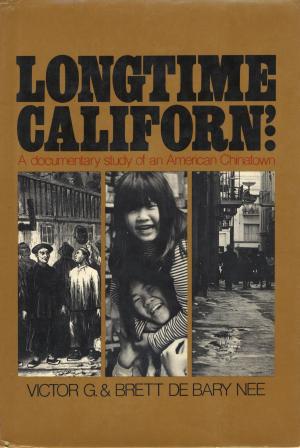| Author: | John Anderson | ISBN: | 9781458038951 |
| Publisher: | John Anderson | Publication: | January 27, 2011 |
| Imprint: | Smashwords Edition | Language: | English |
| Author: | John Anderson |
| ISBN: | 9781458038951 |
| Publisher: | John Anderson |
| Publication: | January 27, 2011 |
| Imprint: | Smashwords Edition |
| Language: | English |
This narrative history of sexism in America presents the adventures of Fanny Wright, Victoria Woodhull, Mary Gove Nichols, and their contemporary reformers. Free Love rescues them from the neglect imposed on them by those who so dreaded the equality of women and their threat to change the status quo. The book describes the way myths were employed about the reformers, providing an anatomy of regression that continues in a contemporary culture that has responded to the assent of women with a reassertion of sexist values. Can anyone deny the current objectification of young women? By restoring yesterday’s reformers to the public consciousness, the author’s goal is to inspire new reformers who will help women opt out of this culture, who can create a path away from the one that leads inexorably to fake nails, fake tan, and fake breasts. Not long ago, feminists believed that they only had to install conditions for equality. The remnants of early nineteenth-century sexism in our culture would then wither away. Now, as we are bombarded with the sound bites and images of pop celebrity throwbacks, we must admit that the dystopia of sexism is alive and thriving in America. Perhaps Free Love can help renew the effort to establish Utopia in America.
This narrative history of sexism in America presents the adventures of Fanny Wright, Victoria Woodhull, Mary Gove Nichols, and their contemporary reformers. Free Love rescues them from the neglect imposed on them by those who so dreaded the equality of women and their threat to change the status quo. The book describes the way myths were employed about the reformers, providing an anatomy of regression that continues in a contemporary culture that has responded to the assent of women with a reassertion of sexist values. Can anyone deny the current objectification of young women? By restoring yesterday’s reformers to the public consciousness, the author’s goal is to inspire new reformers who will help women opt out of this culture, who can create a path away from the one that leads inexorably to fake nails, fake tan, and fake breasts. Not long ago, feminists believed that they only had to install conditions for equality. The remnants of early nineteenth-century sexism in our culture would then wither away. Now, as we are bombarded with the sound bites and images of pop celebrity throwbacks, we must admit that the dystopia of sexism is alive and thriving in America. Perhaps Free Love can help renew the effort to establish Utopia in America.















